Andreas Schwab held a meeting at Torre Juana IA Hub with representatives from digital companies and academia to discuss the contents of European digital regulations. He also gathered suggestions aimed at ensuring that the law promotes innovation and digital development without compromising citizens’ rights and security.
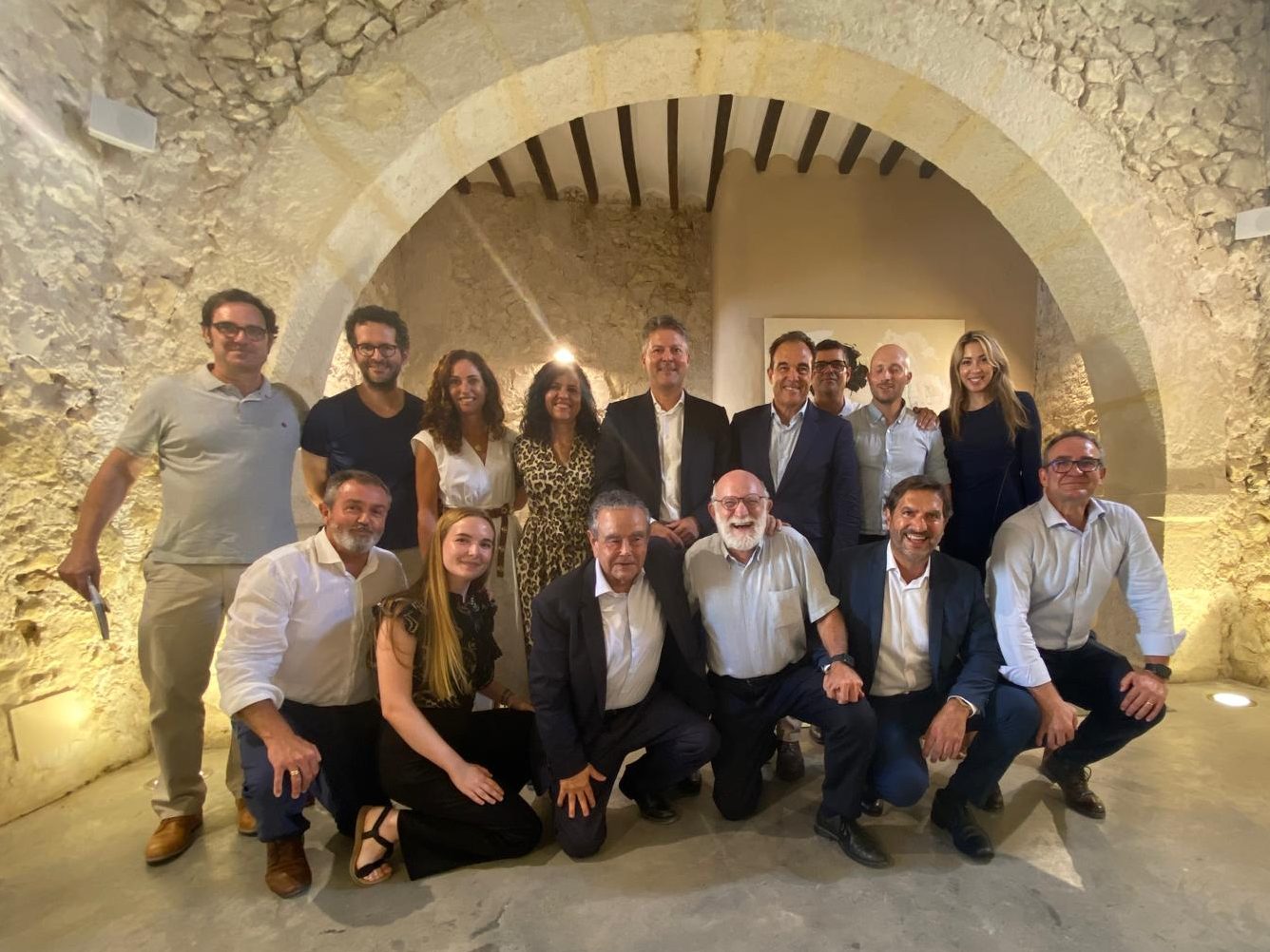
Schwab, a prominent member of the Christian Democratic Union of Germany, is considered one of the most influential figures in European digital regulation. His contributions to the Digital Markets Act have been so significant that they have served as a reference for other governments, such as those of the United Kingdom, Japan, and South Korea, in their efforts to regulate the dominance of large tech companies. Among those who attended the working session with Andreas Schwab were: María José Zepeda, Juan Luis Pedreño, Manuel Desantes, Andres Pedreño, Aurelio López Tarruella, Esteban Pelayo, Carmen Vidal, Andrés Desantes, Trini Mora, Antonio Sánchez Zaplana, Fulgencio Jiménez, and Natalia Rodríguez Galán. Antonio Peral and Esther Sánchez also joined the working lunch.
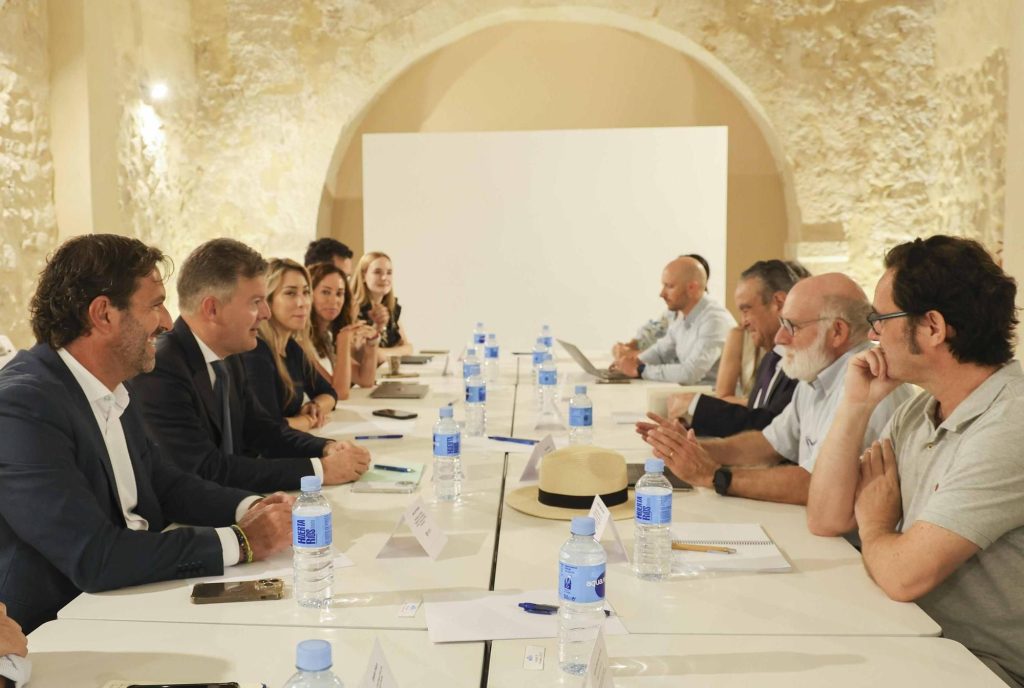
Schwab’s presence in Alicante, visiting Torre Juana OST, has generated significant interest among local business and academic stakeholders. Many attended the meeting with the expectation of learning more about the law and contributing their own ideas. Andreas Schwab praised the developing digital ecosystem in Alicante, highlighting that the city is emerging as a technological hub in the Mediterranean. According to his own words, «Explaining the benefits of the law, presenting practical examples, and understanding the concerns of businesses» was the primary purpose of his visit.
The MEP emphasized that the primary goal of the digital regulation currently being implemented is to ensure fair and transparent operation of the sector throughout the European Union. In this regard, he stressed that «there has been no influential and organized opposition» from large tech companies so far.
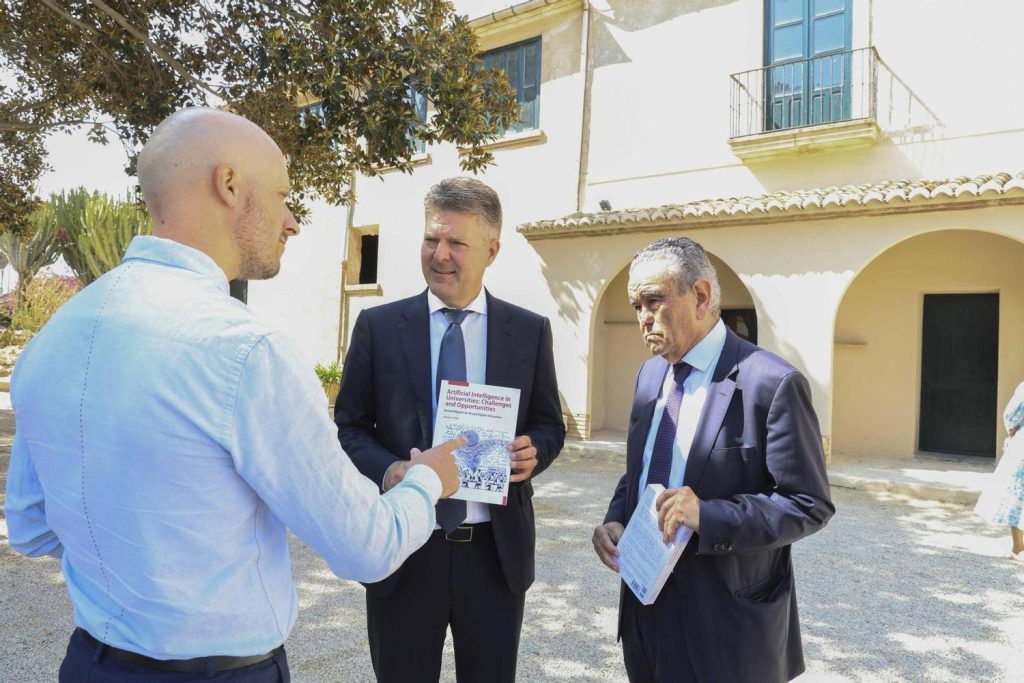
Among the attendees, Andrés Pedreño, co-founder of Torre Juana OST, highlighted the importance of the MEP’s visit to the city, stating that «it underscores the relevance of this region on the European innovation map and promotes dialogue between local stakeholders and European institutions.»
On the other hand, Antonio Sánchez-Zaplana, president of AlicanTec, emphasized that they conveyed to Schwab «the need for support for startups and innovative SMEs in adapting to regulation,» while Esteban Pelayo, manager of the Alicante Science Park, pointed out that thanks to this meeting «we were able to convey how to establish regulations that facilitate innovation in Alicante companies.»
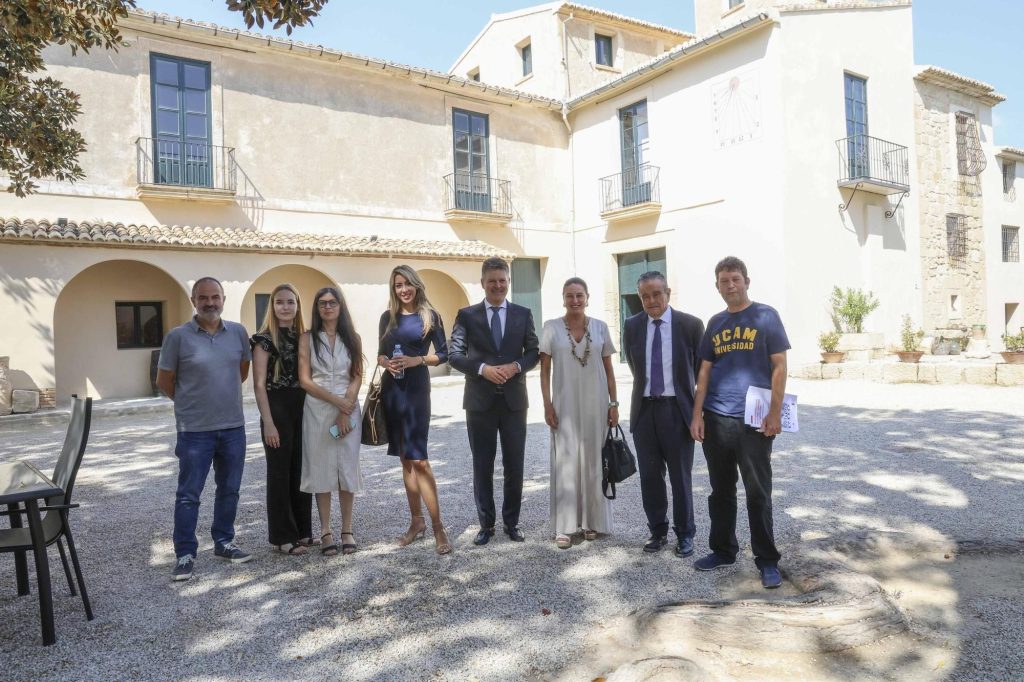
Manuel Desantes, professor at the University of Alicante and former Vice President of the European Patent Office (EPO), highlighted that the parliamentarian «has a very good understanding of Alicante’s extraordinary development potential.» On the other hand, Esther Sánchez, CEO of Iconbo, emphasized the need for guidance and training for companies in «the development of digital transformation plans.»
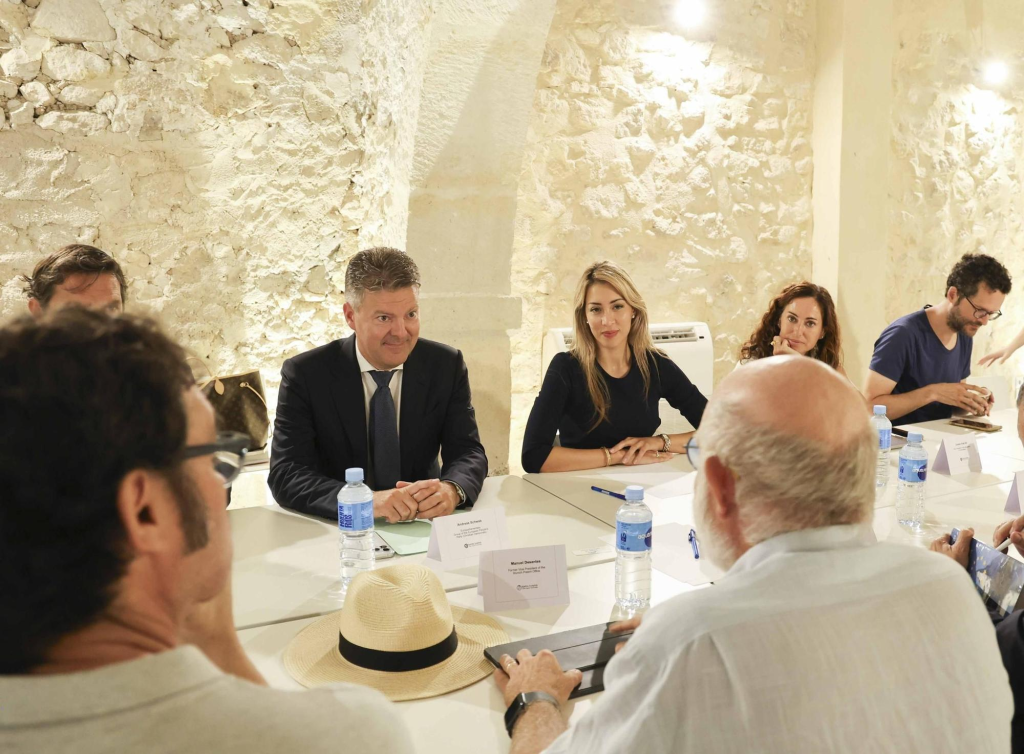
Finally, Juan Luis Pedreño, spokesperson on artificial intelligence for the People’s Party in the Spanish Congress, emphasized the importance of maintaining direct contact with the European Parliament to ensure that the law becomes a tool for technological development. Meanwhile, Toño Peral, Alicante’s Councilor for New Technologies, stressed the importance of the meeting for accessing and managing European funds.
Main Ideas and Conclusions of the Event
| Today we had the privilege of meeting with MEP Andreas Schwab at Torre Juana. He is a reference in the field of regulation for Europe’s digital transformation. As a summary of this working day, I would like to highlight his reflections on the development of artificial intelligence, emphasizing that it is a task for everyone and should be based on attracting investment and opportunities for implementing this technology rather than on risks. Additionally, Andreas emphasized the importance of developing artificial intelligence in all sectors of society to position Europe at the level of its vast capabilities. As the spokesperson on artificial intelligence for the Popular Party in the Congress of Deputies’ Economy, Trade, and Digital Transformation Commission, I believe it is essential to maintain contact with the European Parliament and with figures like Andreas to help ensure that regulation is a tool for Europe’s technological development (Juan Luis Pedreño diputado en el Congreso de loa Diputados, España, Portavoz de Inteligencia Artificial en la Comisión de Economía, Comercio y Transformación Digital ). |
| Using the new AI regulation as a reference point, different approaches were taken regarding the consequences that would arise from it, and all attendees highlighted the importance of creating specific and direct support for companies with greater difficulty in assuming the costs derived from implementing the regulation (Natalia Rodríguez Galán, Director of the AI Observatory). |
| – The digital ecosystem of Alicante province is a model that should be exported to other parts of Europe. Hubs like Torre Juana optimize the strengths of their various companies. – The European Parliament is the heart of European construction. It is crucial for MEPs to get first-hand knowledge of how digital ecosystems are developing in different European regions (Manuel Desantes). |
| 1st IDEA: We appreciate the legislative initiatives being carried out. The European Parliament plays a fundamental role in drafting legislation that fosters innovation, particularly within the framework of the Single Market, which is crucial for companies to thrive. This harmonized regulatory environment not only reduces barriers but also aligns with standards that facilitate SMEs’ access to the Single Market, thus improving their ability to expand and compete throughout the European Union. At the Alicante Science Park, where almost all companies are advanced technology SMEs, we recognize the importance of this European legislation in enabling smooth commercial transactions with clients from other countries. We confirm that our companies do not face any significant difficulties in marketing their innovations to clients from other countries. The Single Market is working well for our 45 affiliated companies. 2nd IDEA: There are some challenges with AI legislation: However, certain challenges have arisen, particularly concerning AI legislation. Companies have pointed out difficulties with the requirement to notify data models, as these are dynamic and any modification requires new notification, complicating the process. Additionally, issues have been identified related to preserving privacy when using public AI algorithms, particularly regarding data storage location. These challenges highlight the need for the European Parliament to continue refining the legislation, ensuring a balance between fostering innovation and protecting fundamental rights, while maintaining harmonization with standards that support SMEs’ access to the Single Market. 3rd IDEA: We are willing to provide examples of how the legislation is providing incentives for innovation. We remain at your disposal to offer detailed information about the companies at the Alicante Science Park, and we are more than willing to arrange any meetings with these companies. We believe that sharing these first-hand experiences can be of great value in legislative decision-making, and we are committed to supporting any initiative that enhances competitiveness and growth within the European Union (Esteban Pelayo, Director of UA Science Park). |
| 1. Laws to ensure that AI applications are safe, fair, and transparent are necessary. AI, like many technologies such as electricity and encryption, has a dual-use nature, meaning it can be used for both good and bad purposes. 2. The approval of the EU AI Act represents a crucial step toward stronger and more ethical regulation in the field of artificial intelligence. As technologies advance, the need arises to establish legal frameworks that protect people’s rights and security while promoting responsible innovation. 3. Today, countries like China and the U.S. lead AI innovation. Europe is still far from being a major player in this field. In the case of the AI Act, the risk is that these limitations will widen the gap even further, as we try to regulate a field in which we are not yet significant, and this regulation might prevent us from ever becoming so. During the event, the debate arose over whether the appropriate place to regulate AI is at the application layer. Requiring AI applications, such as subscription software, health apps, autonomous driving, chat applications, etc., to meet strict requirements, and even undergo audits, can ensure safety. However, adding burdens to the development of foundational models unnecessarily slows down AI progress. 4. Another complication for companies is accessing data for training models, which makes it difficult to match the level of innovation in countries where regulation in this area is much more lenient. An example is the field of AI-driven genetic innovation and the increasingly strong position of China. (Carmen Vidal, Founder of Paradigma Digital, Vice President of the Generative AI Association) |
| – The need to better explain a regulation that is evolutionary for the first time and whose details still need to be agreed upon by various stakeholders. This is why this meeting was held to gather local feedback. – The need to provide real examples of where different models are positioned on the risk scale and how to handle them «easily» in regulatory terms (e.g., fish counting). – The possibility of breaking down a service into smaller parts so that an entire application is not placed in the «high risk» category if only one of its components is (Andrés Desantes, CEO of 1MillionBot). |
| Europe needs to incentivize the development of smart cities that adhere to the highest levels of sustainability and serve as support for solid future economies. Europe must accompany regulation with ambitious investment programs in cities and the technological industries in their surroundings (Fulgencio Jiménez, City Council of Murcia). |
| «It has been a pleasure to have the opportunity to share ideas and concerns with a key figure in the development of digital market regulations in Europe. At AlicanTEC, we have conveyed the need for support for startups and innovative SMEs in adapting to European regulations.» (Antonio Sánchez Zaplana, President of AlicanTec) |
| His receptiveness and willingness to listen to concerns and contributions regarding the Digital Markets Act reflect a genuine commitment to creating a regulatory environment that favors innovation and growth in the digital sector in Europe. Schwab showed active interest in understanding the perspectives of local stakeholders, reinforcing the importance of open dialogue between legislators and technological communities to build a fair and competitive digital market (Trini Mora D. G. Torre Juana IA Hub). |
| Recognizing the reality that AI development requires more than just regulatory frameworks, its progress will be realized through specialized companies and a strong, competitive economy. In this regard, Europe is at a 20-year disadvantage compared to the U.S. and even China. Europe must activate an ambitious ecosystem model, where instead of developing barriers and complexity between states, it promotes legal certainty and ease of implementation and development. The European AI regulation focuses on risks, but we need to focus on AI’s potential and opportunities. We must inspire young people, companies, and public managers with its potential and capacity to address significant social and business challenges (environment, complex diseases like cancer, productivity, etc.) (Andrés Pedreño, founder of Torre Juana IA Hub). |
| Alicante as a ecosystem european leader • Alicante aims to become a leading hub of technological development in the Mediterranean. The visit of the MEP Andreas Schwab, a key advocate of the AI Act, highlights Alicante’s growing significance as a digital innovation hub within Europe, reinforcing the city’s role in shaping the future of artificial intelligence. • It was an excellent opportunity for Alicante to showcase the advancements being made on its digital hub, positioning the city as a potential leader in AI development and regulation in collaboration with European policymakers. • The visit of an EU policymaker focused on trust based regulation, underscores the importance of regional innovation ecosystems in the successful implementation of EU-wide technology regulations, such as the AI Act. (María José Zepeda, Project Management Support Specialist, European Movement International) |
Alicante continues to advance in the technology sector, positioning itself as an «important technological hub of the Mediterranean.» This was affirmed on Monday by German MEP Andreas Schwab, rapporteur of the Digital Markets Act, during a meeting held at Torre Juana OST with business and university representatives. With this visit, Alicante strengthens its position on the European technological stage, demonstrating its ability to attract key figures in digital regulation and consolidating its role as an innovation center in the Mediterranean.
(See more in Diario Información: «Andreas Schwab: ‘Alicante positions itself as a technological hub of the Mediterranean‘»).
The event at TJ in photos
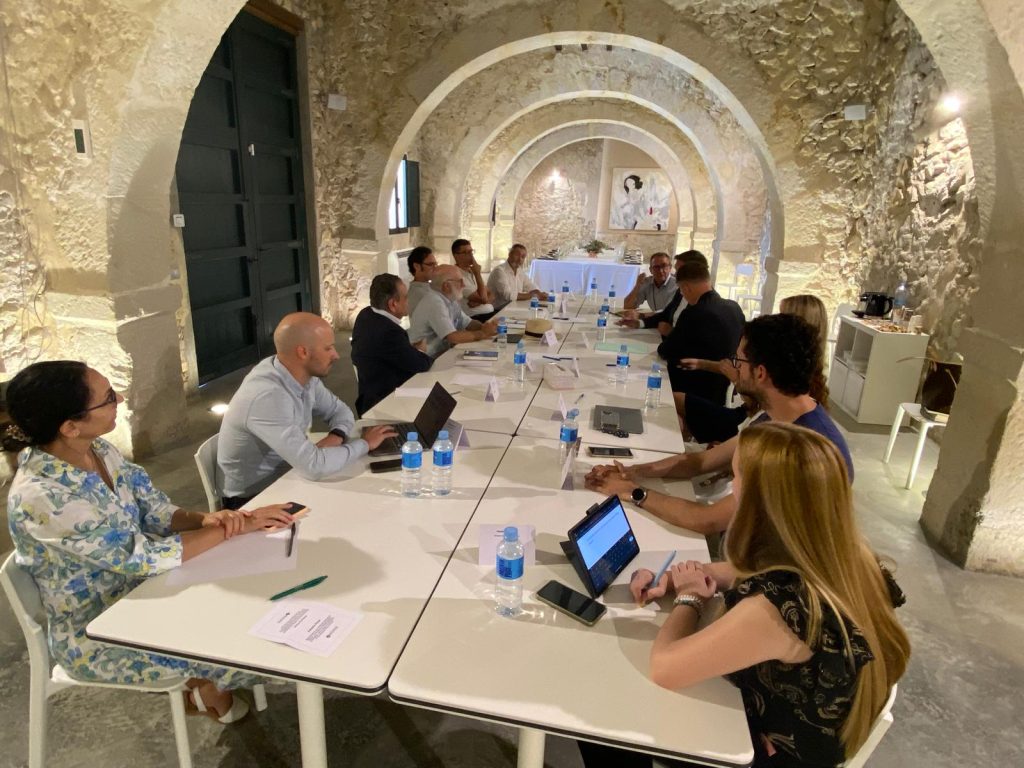
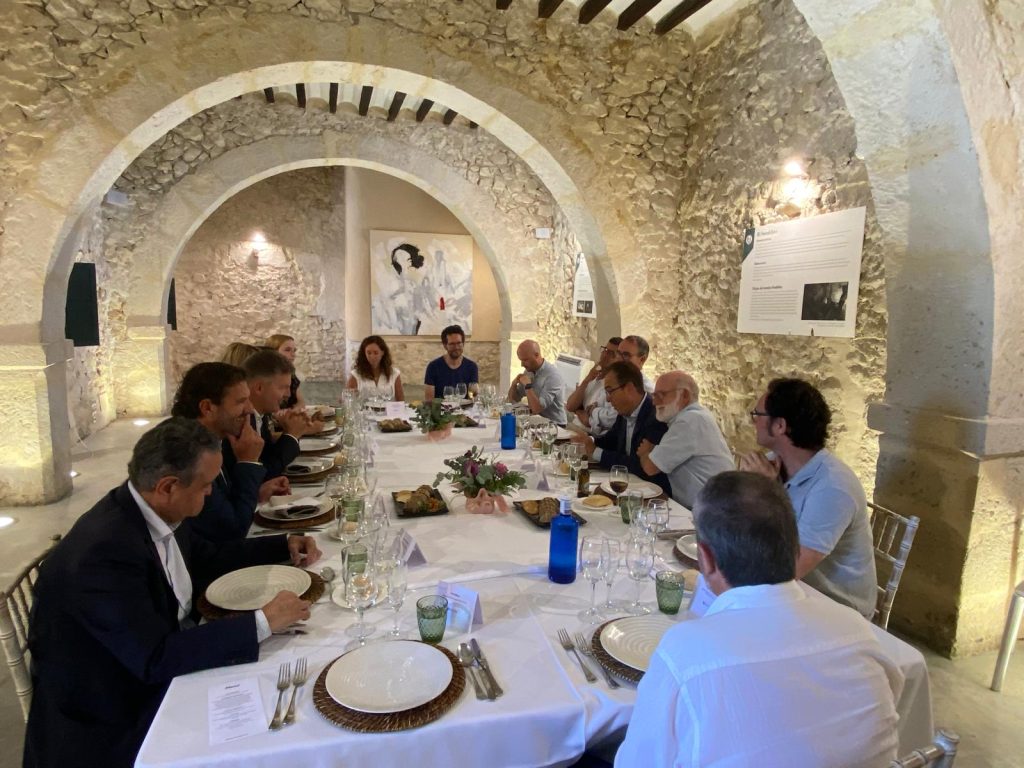
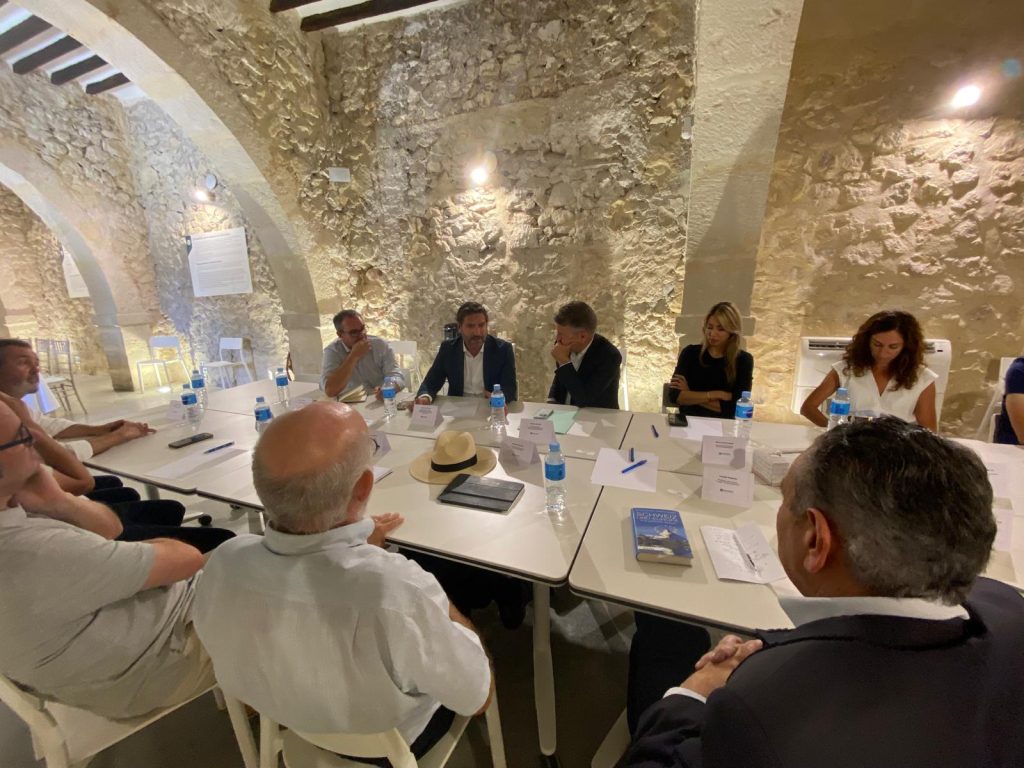
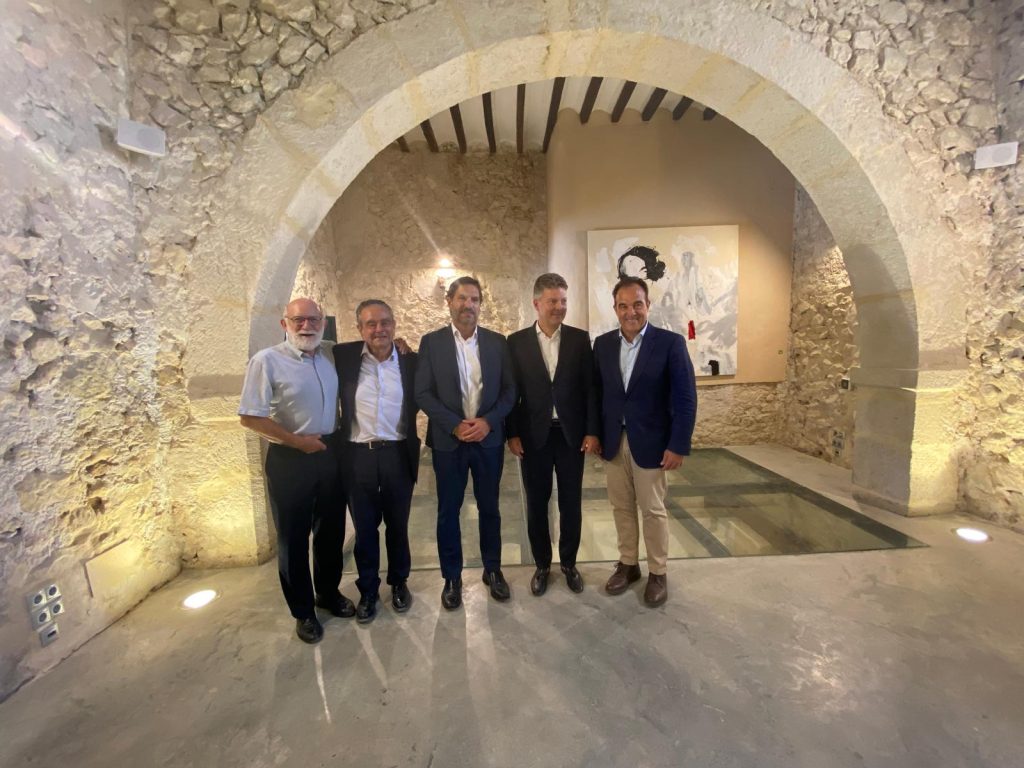
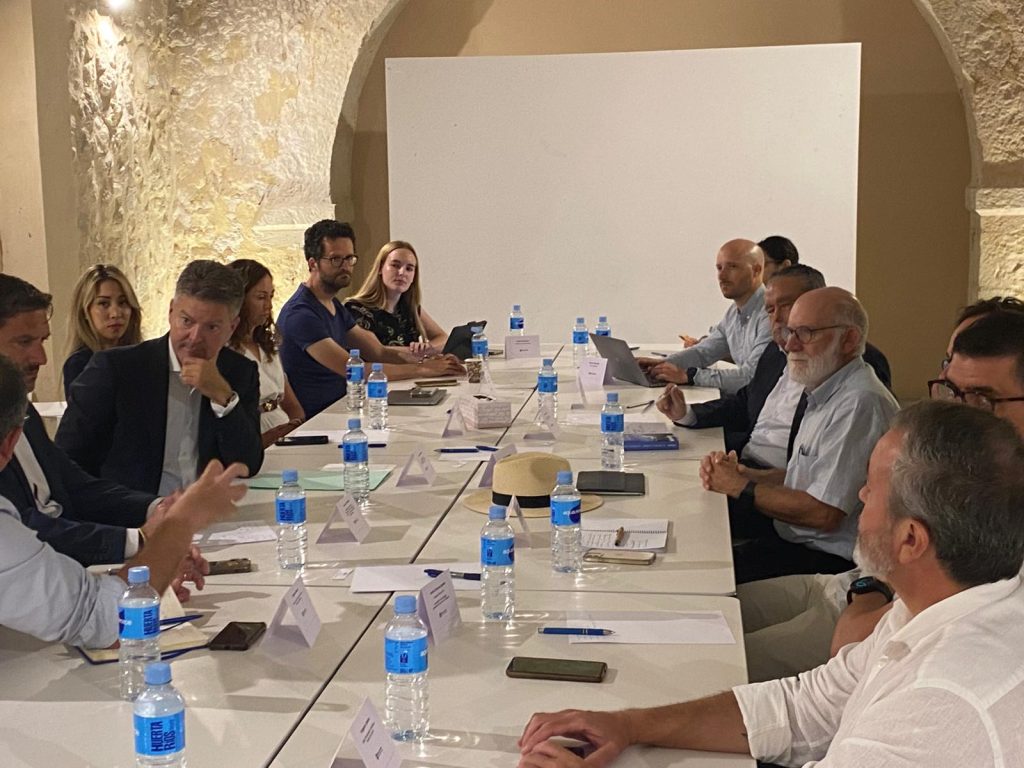

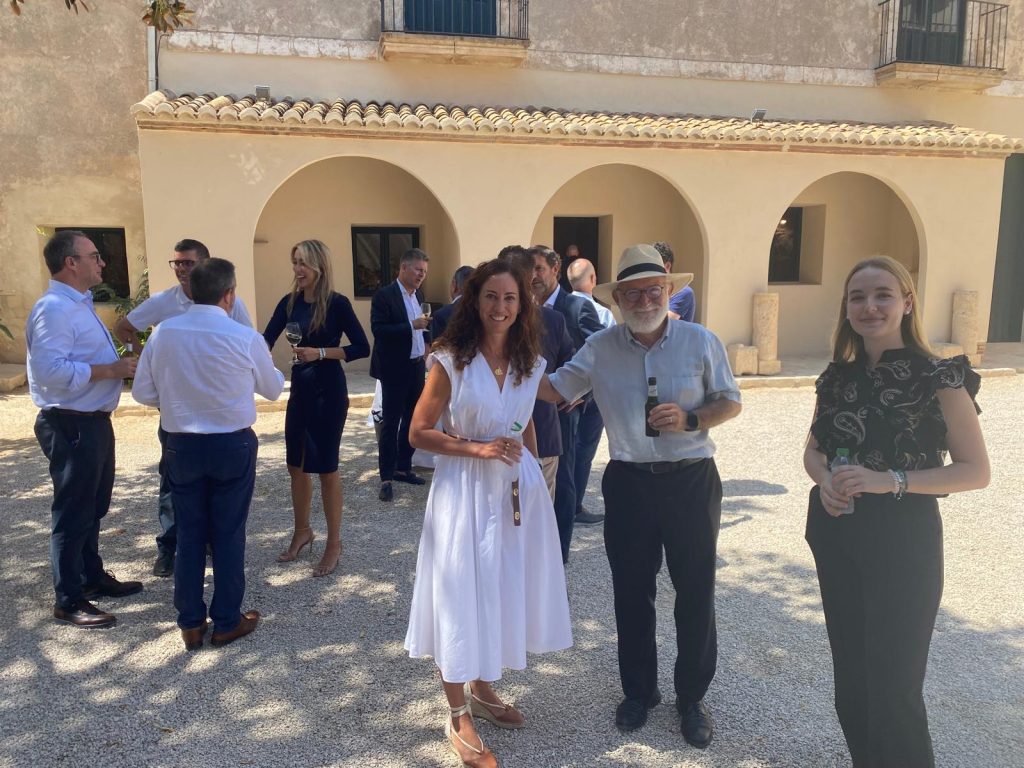
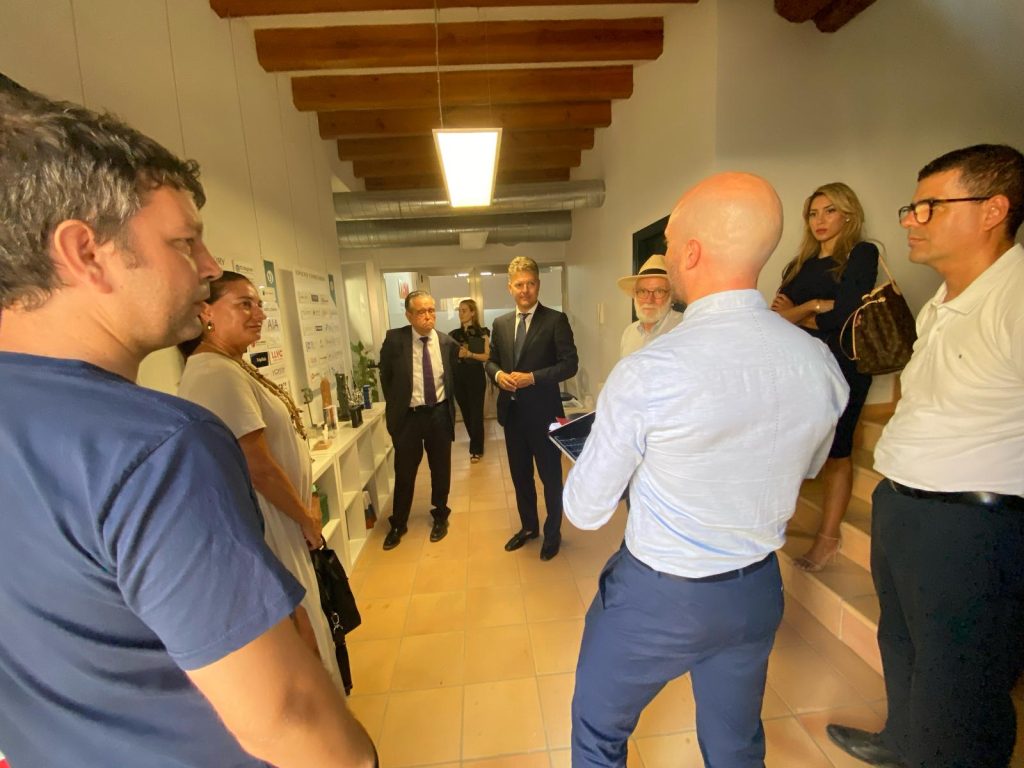

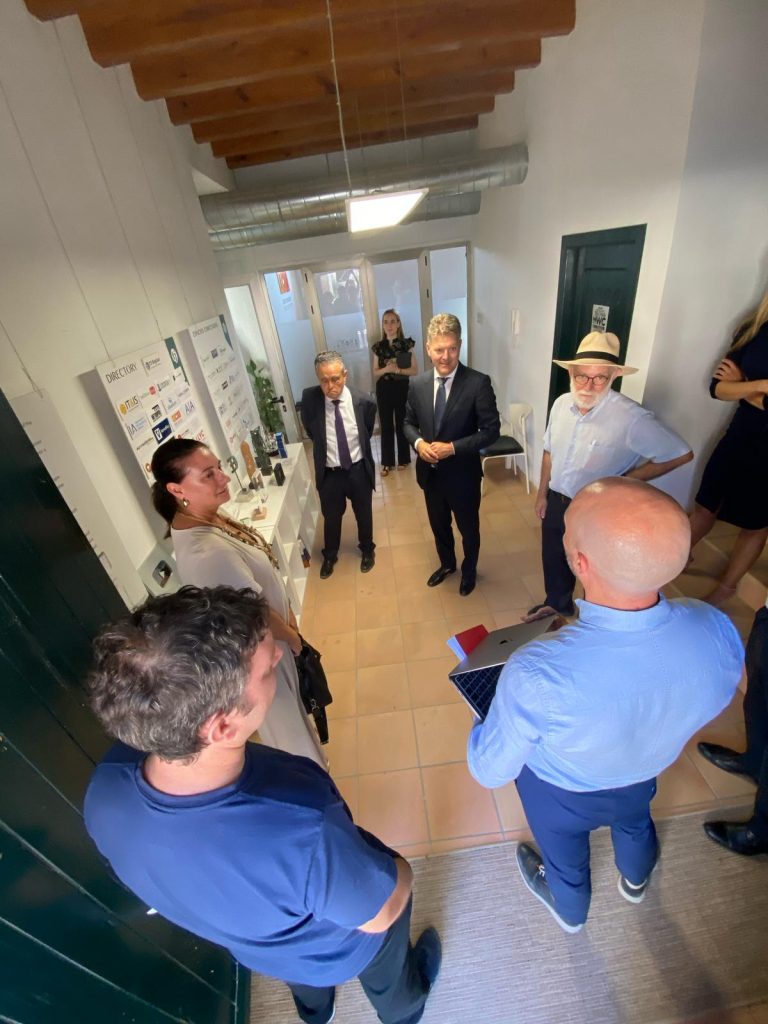
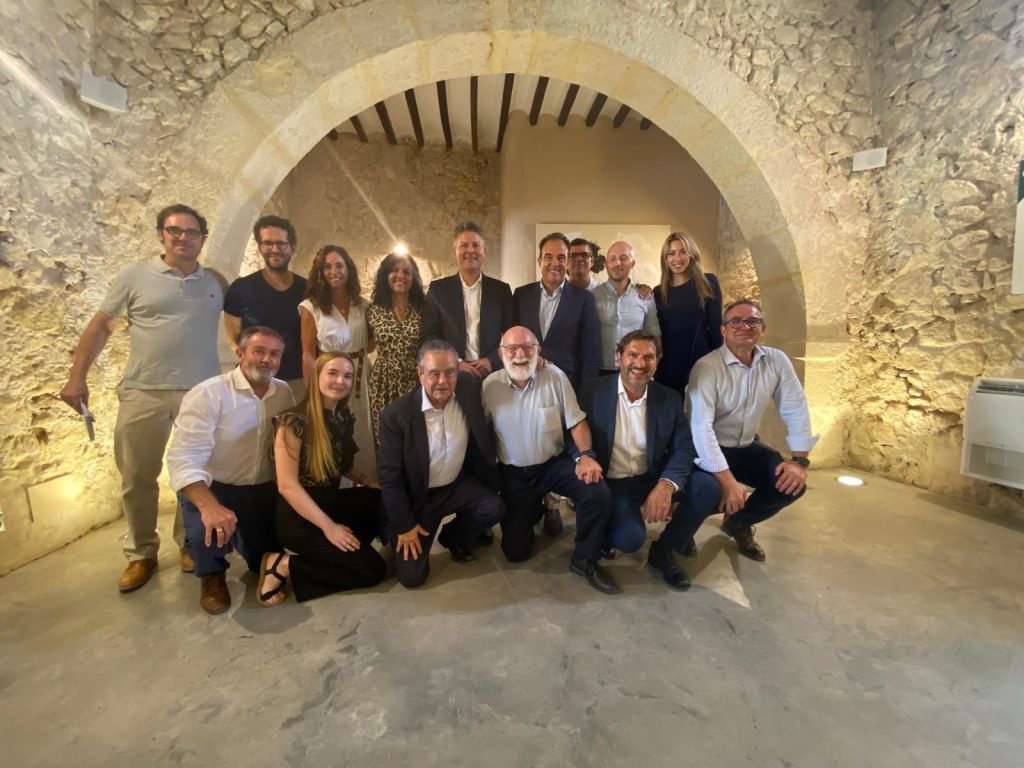

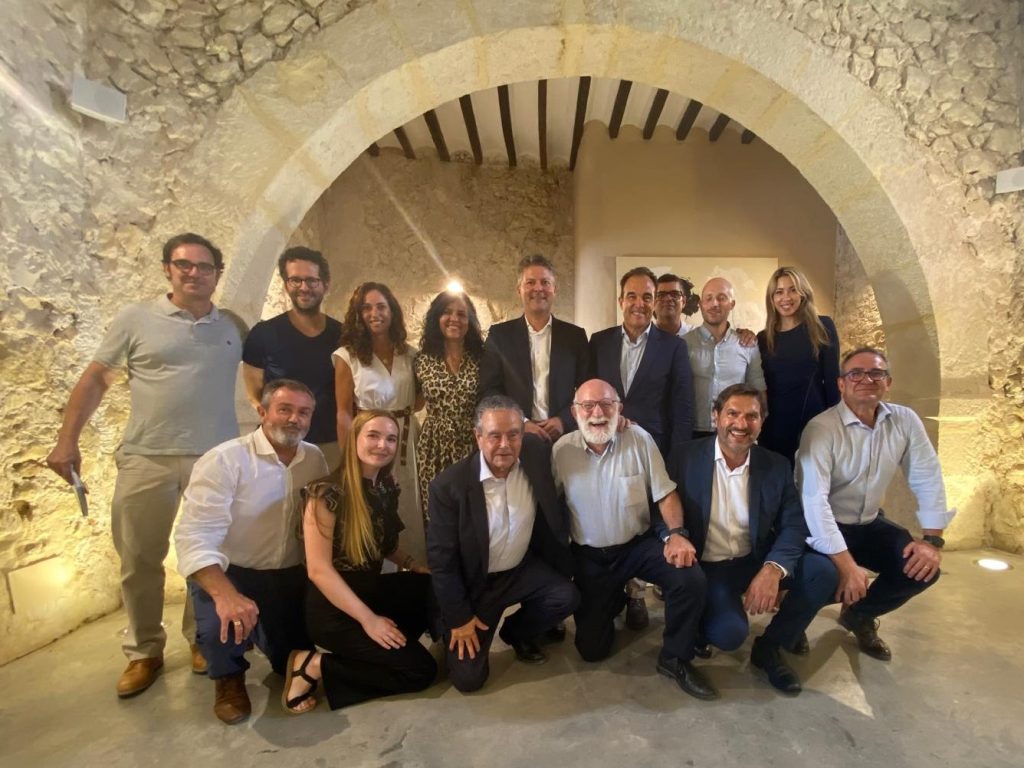
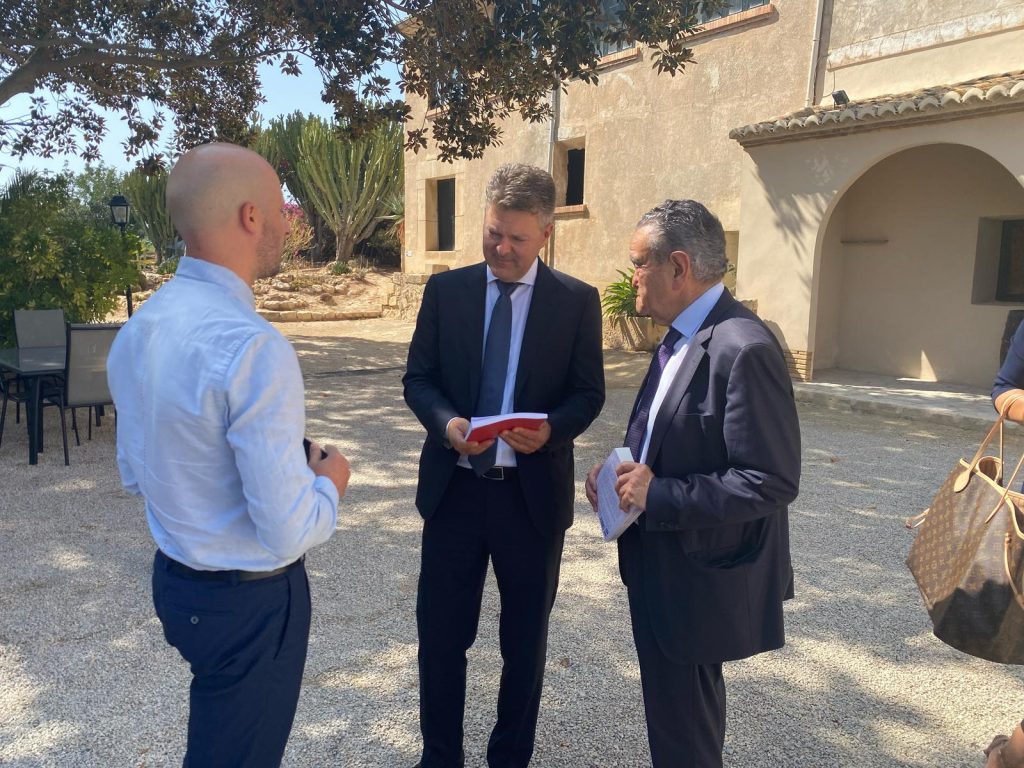
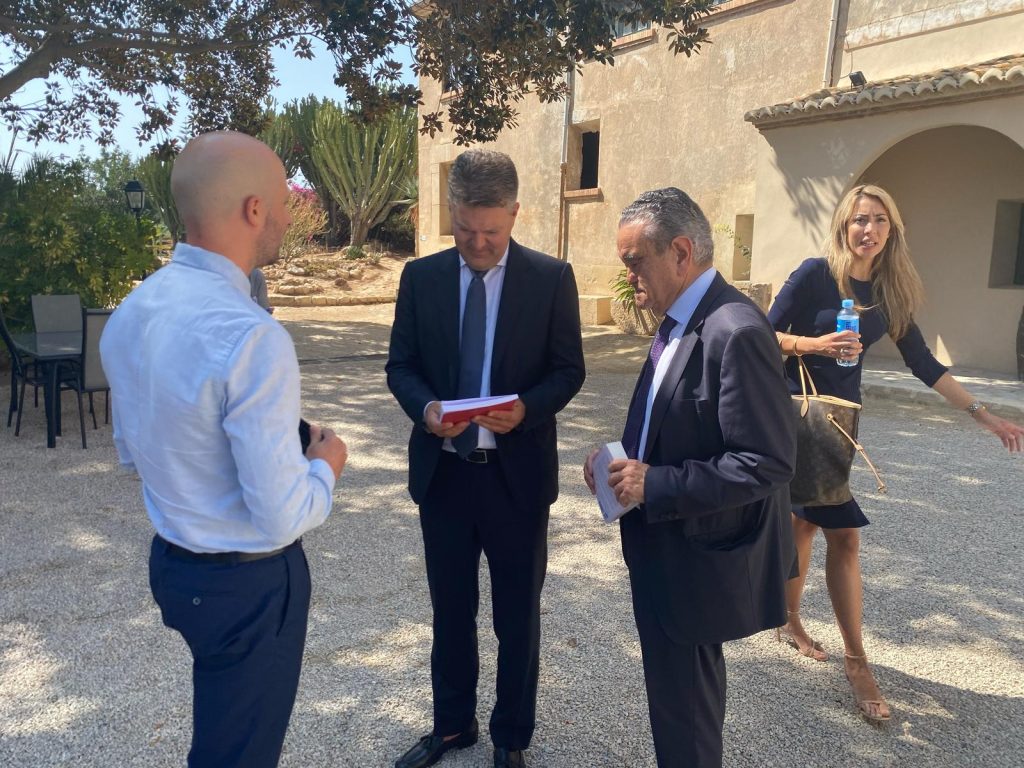
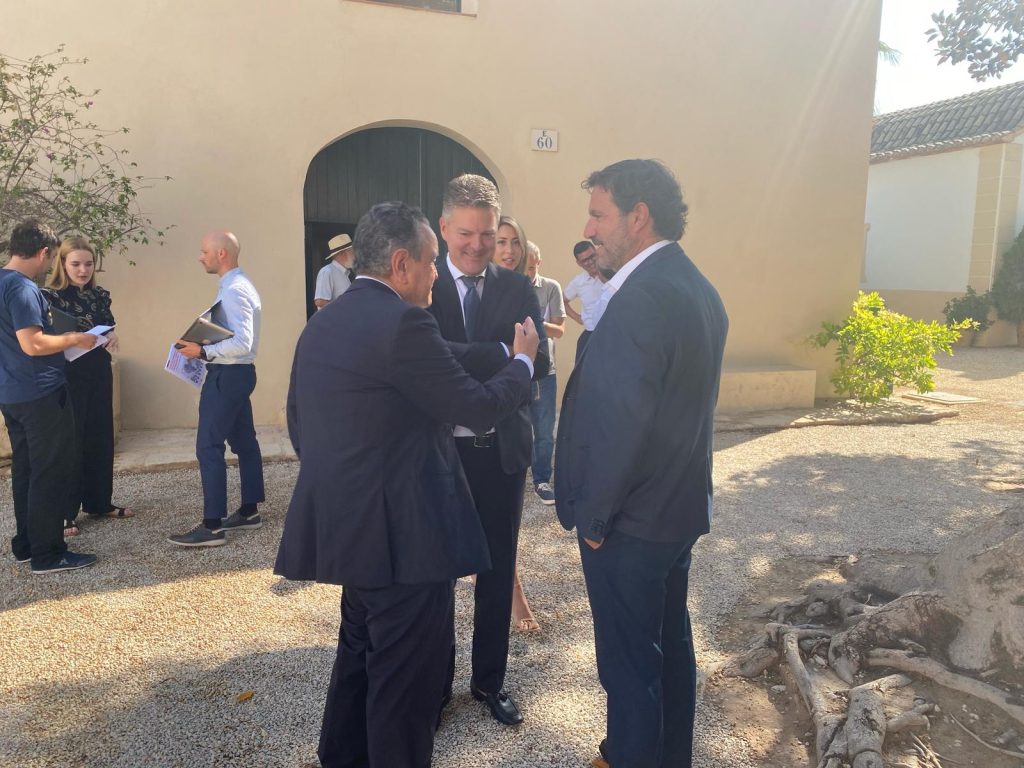
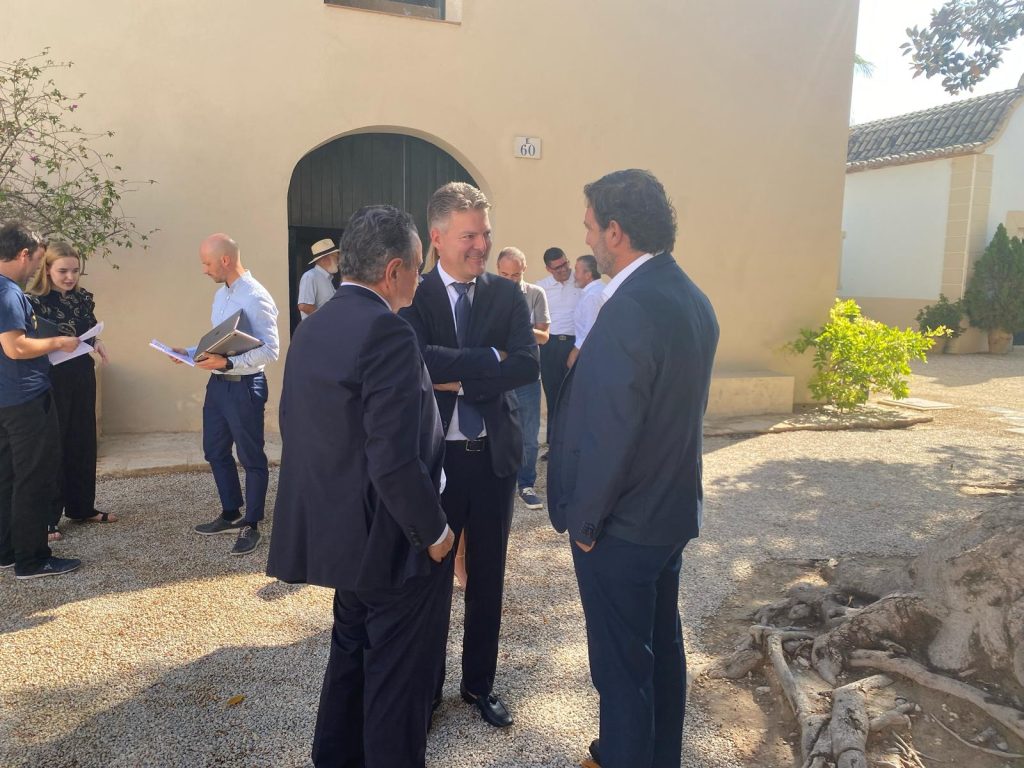
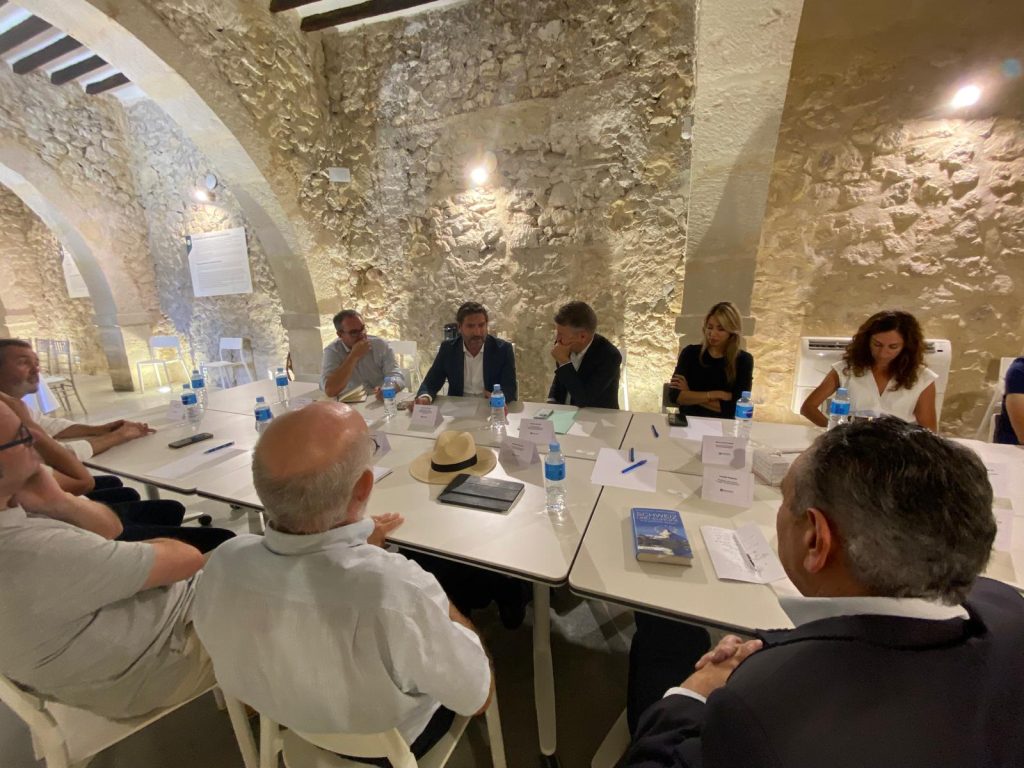
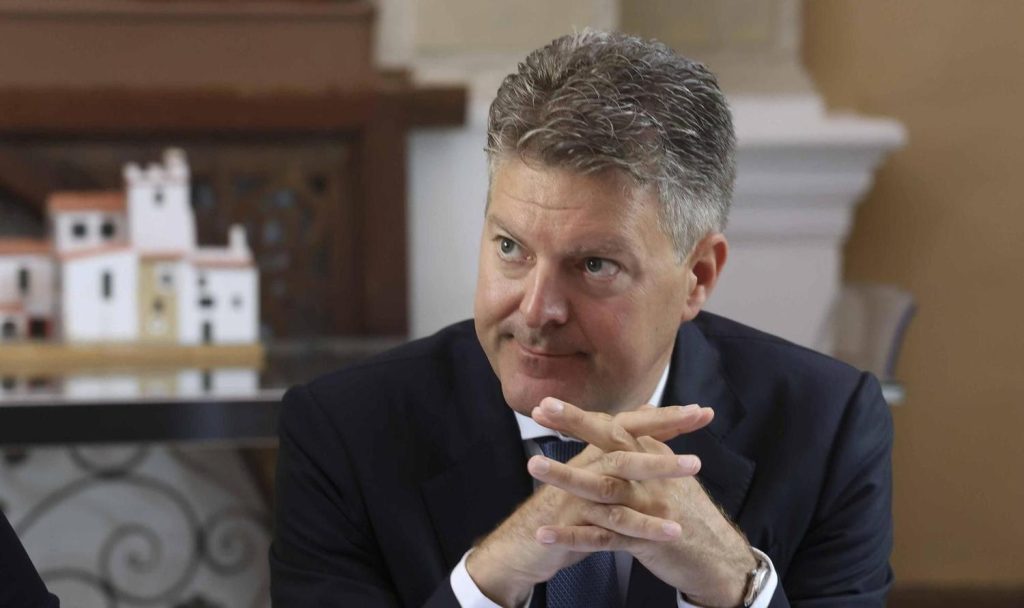


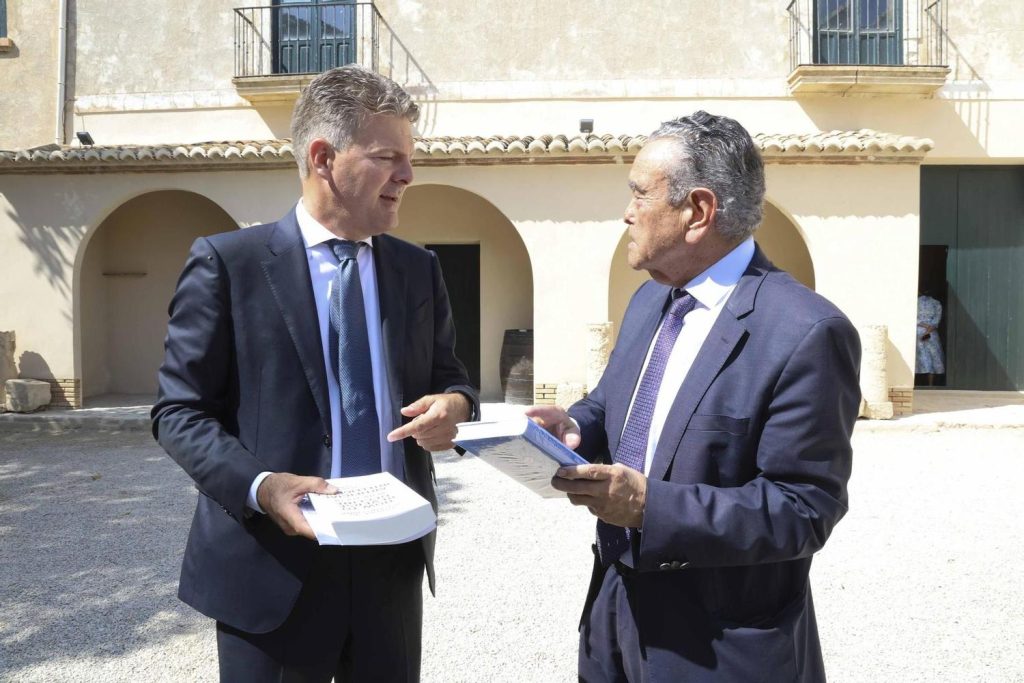
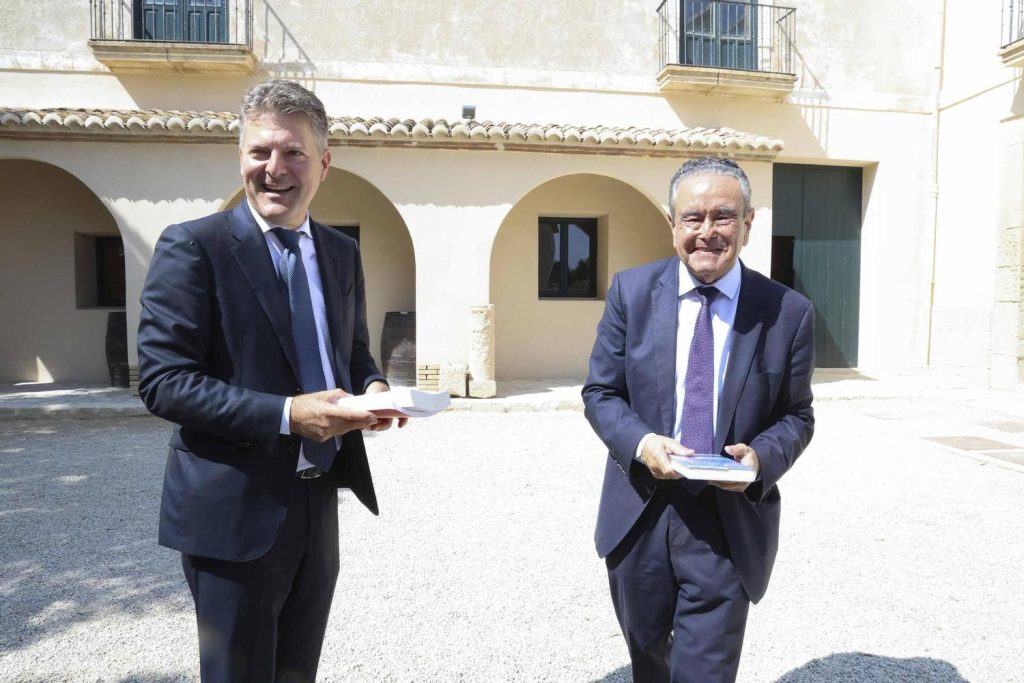
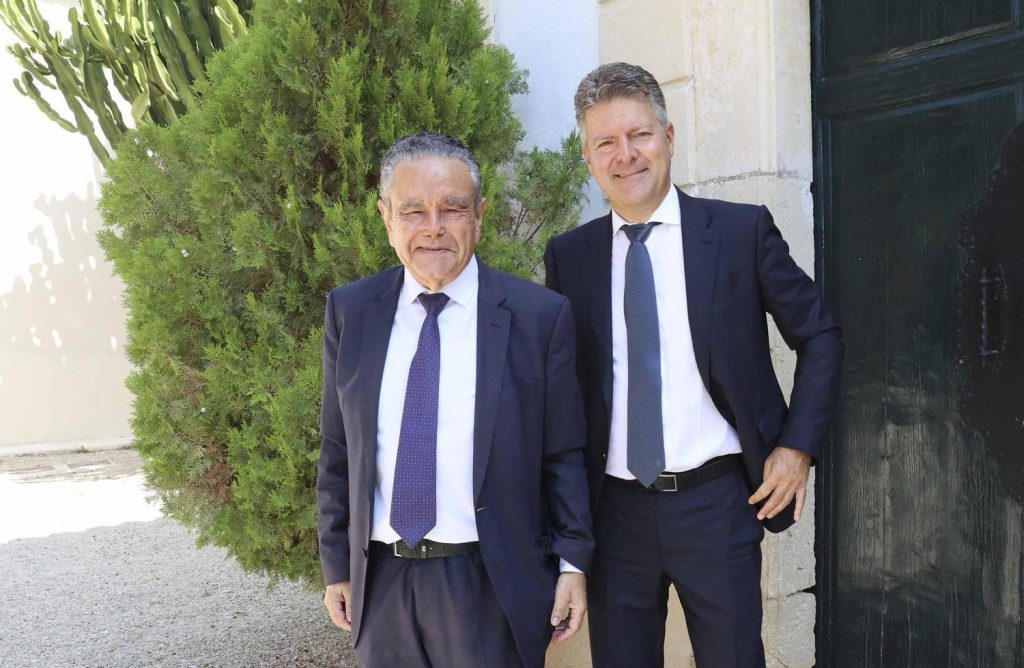
Esta noticia en español: La regulación digital europea a debate con el eurodiputado alemán Andreas Schwab
